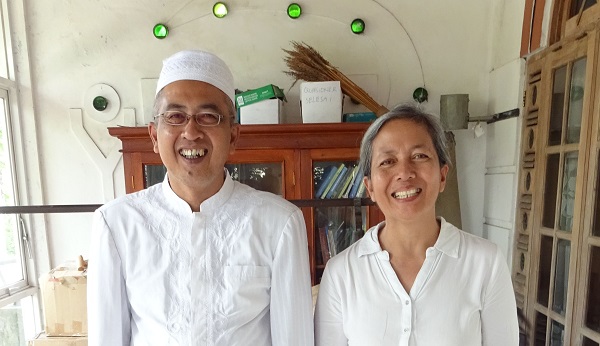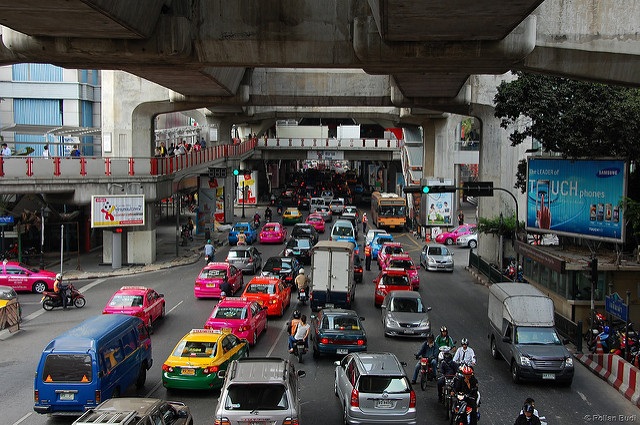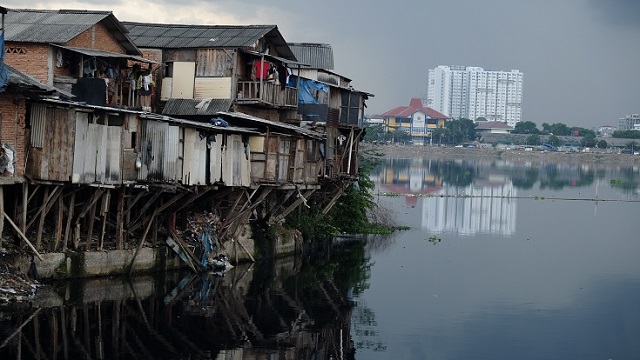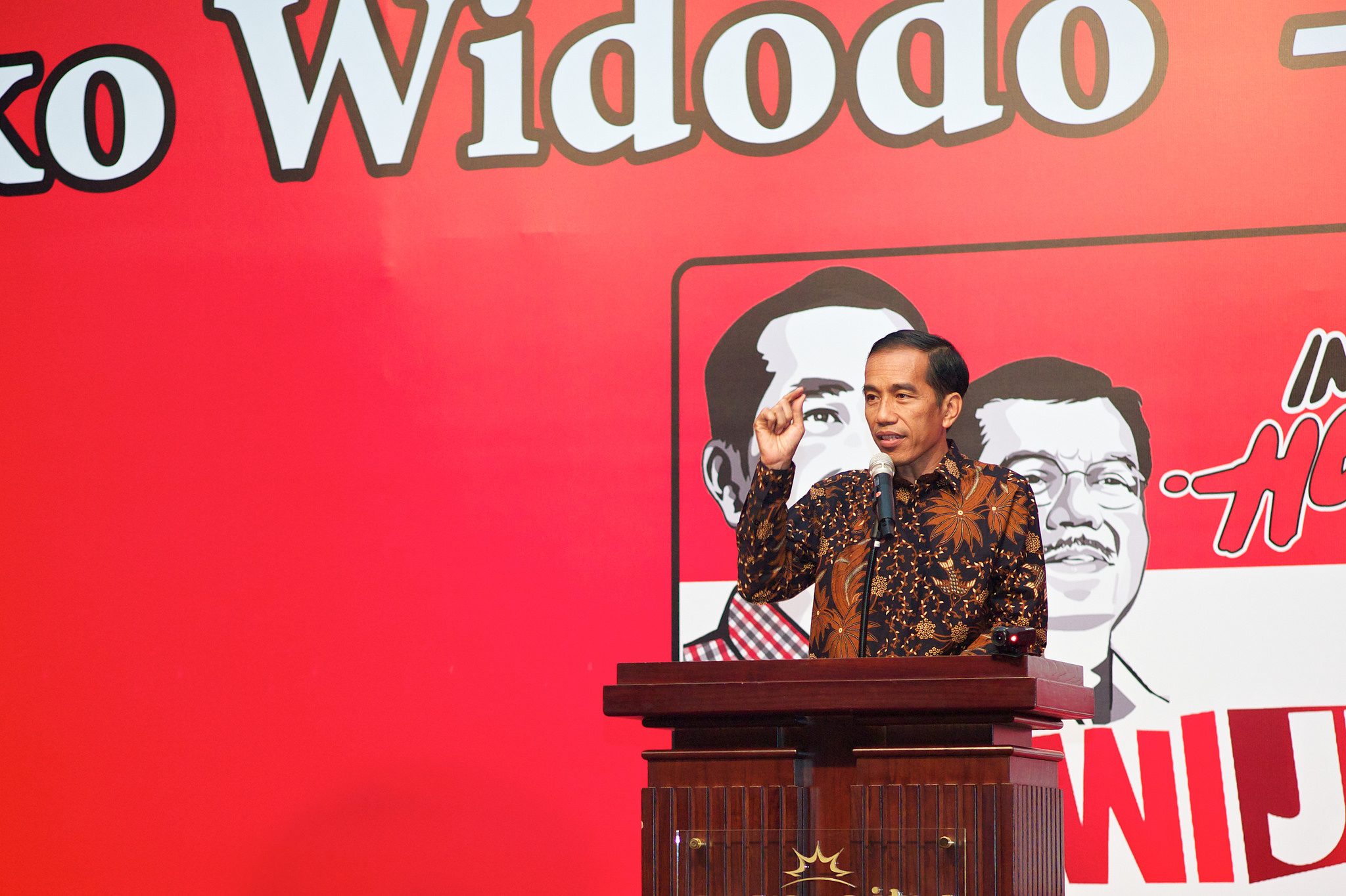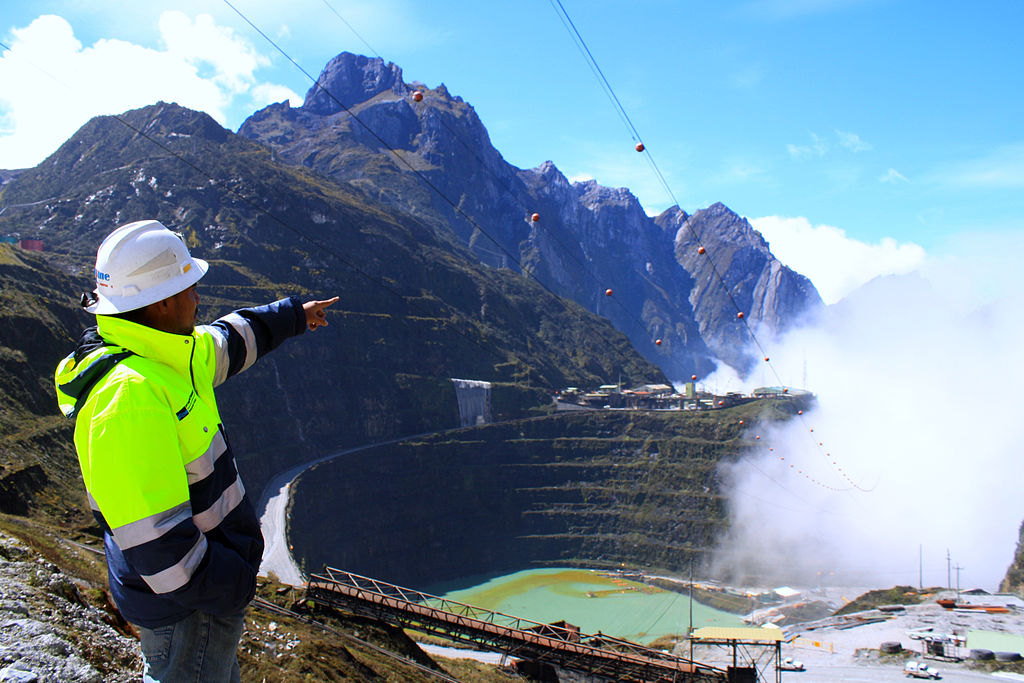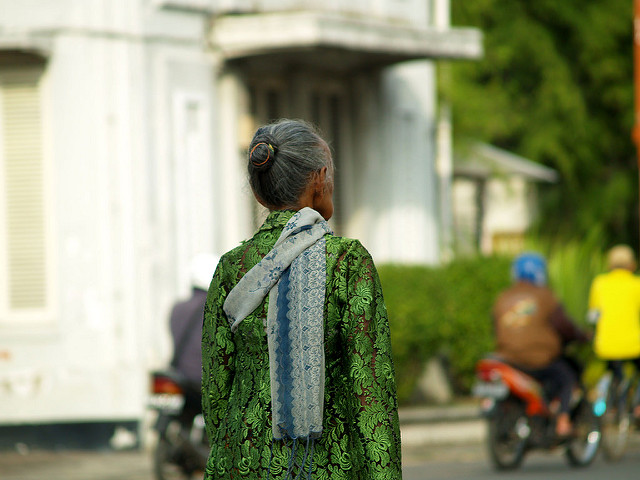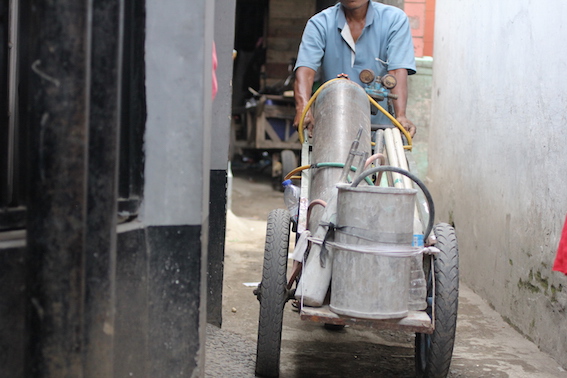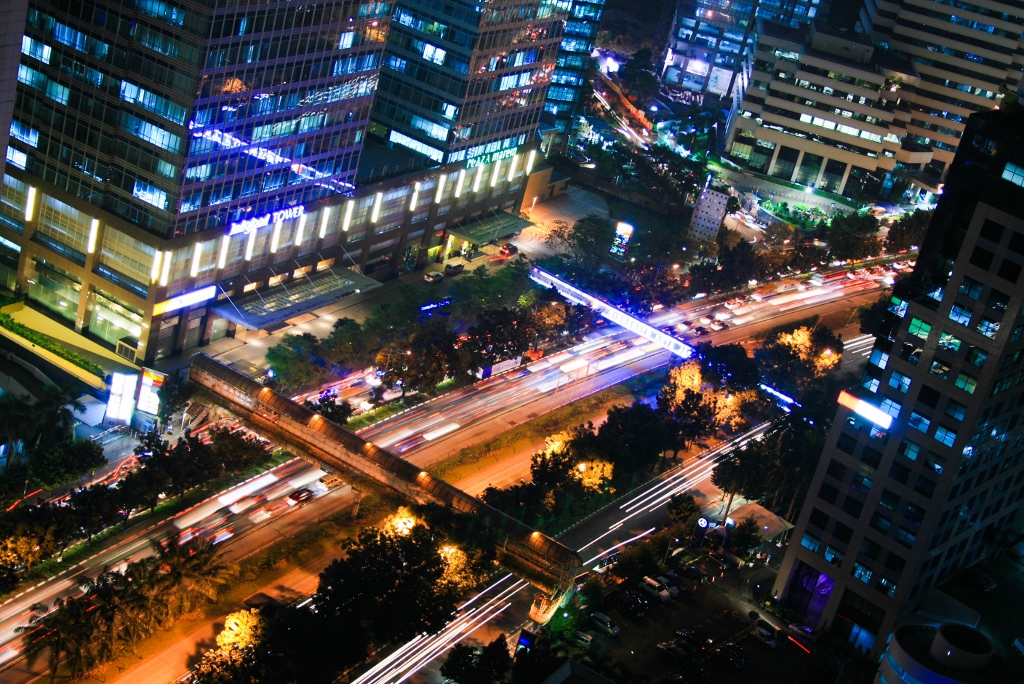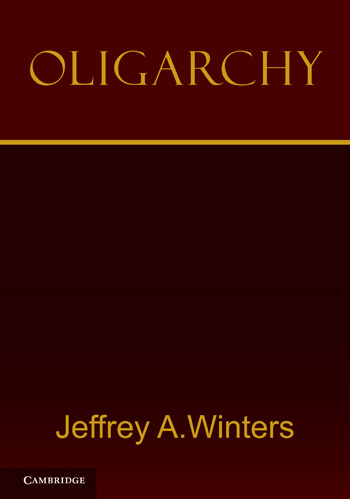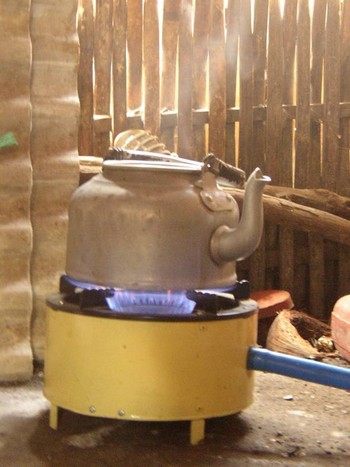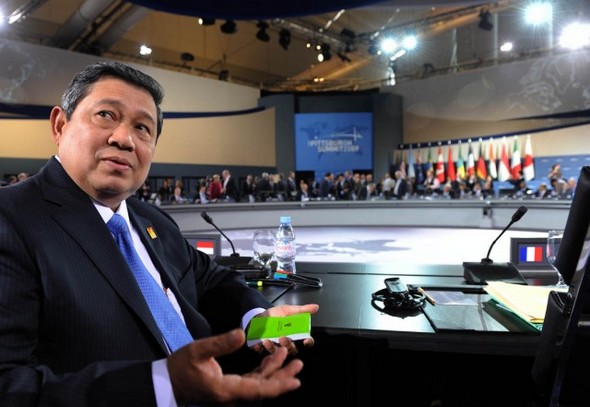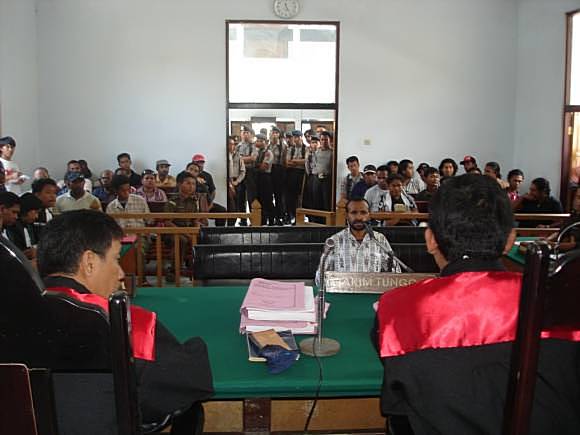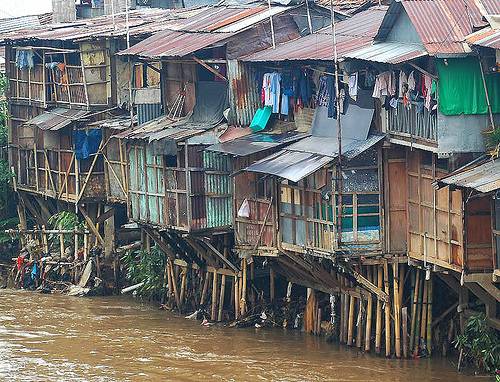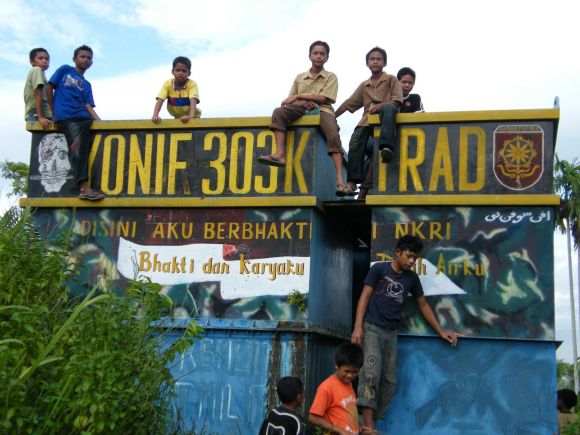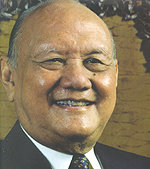Book review: Blood and silence
09 February 2026by DUNCAN GRAHAM
Dreams of scale
09 February 2026by ATMAEZER HARIARA SIMANJUNTAK
Photo essay: Negotiated tolerance
27 January 2026by PUTU ANGITA GAYATRI & AHMAD YUSRIFAN AMRULLAH
Roots of ecological disaster
02 January 2026by KHALID SYAIFULLAH & WARDATUL ADAWIAH
Essay: How an American teenager became a Sahabat NOAH
22 December 2025by AANIKA I.
Essay: Would you fall in love with a railway station?
18 December 2025by NOANDHA DHEGASKA
Review: The collective deradicalisation of Jemaah Islamiyah
16 December 2025by KHALIMATU NISA
Essay: Shelter, not display
04 December 2025by DANKER SCHAAREMAN
Essay: Tracing the social life of a keris
17 November 2025by JULIANA KÖNNING
Essay: The day after the death of Affan Kurniawan
07 November 2025by RAHMADI FAJAR HIMAWAN

